Last year, we wrote this article on whether black women are thriving or simply surviving in college and beyond. We found that although black women are leading in college enrollment among all groups, they are still making less money than not only men, but also white women. Let’s review before we see what has changed from 2015 to 2016.
What is the college experience for black women? According to HuffPost: College, black students have, are, and will continue to experience discrimination and microaggressions on campus.
A student at Duke University hung a noose from a tree in Durham, North Carolina, campus on April 1. This came about a week after the university began investigating reports that a group of white men had harassed a black female. The men were reportedly singing the same racist chant…
According to one student, “Institutionalized racism has created spaces for Duke–and for colleges nationally…”.
Despite the negative and harmful experiences, black women are leading all groups in college enrollment! That is  something to celebrate! But, how can we expect to keep African American women in college if their experiences on campus are not supportive or downright violent?
something to celebrate! But, how can we expect to keep African American women in college if their experiences on campus are not supportive or downright violent?
According to the data, 9.7 percent of Black women are enrolled in college. Asian women are second, with 8.7 percent working toward degrees, followed by Asian men at 8.4 percent, White women at 7.1 percent, Black men at 7.0 percent, Hispanic women at 6.6 percent, White men at 6.1 percent, and Hispanic men at 5.9 percent.
Despite the high enrollment rates, our women are not seeing success in the work force. ThinkProgress writes about a study conducted by Black Women’s Roundtable, the women’s initiative of the National Coalition on Black Civic Participation. In their research, they found that although African American women are excelling in education and careers, they are not being equally compensated! While many people know the 77 cents to a dollar, few know that this is for white women when compared to white men. Black women make 64 cents to a dollar when compared to white men!
In the last year, not much has changed. While we can celebrate the small improvements, we are still working an uphill battle to equal pay across gender and race. A April 2016 article on The Nation boldly states that women lose about $10,000 annually because of the gender pay gap. And they make sure to draw attention to the racial differences within the 79 cents to the dollar between men and women.
But some women are less equal than others: The 20-cent gap between genders is comparable to the 20-cent gap between black women’s and white women’s wages. And while Latinos and blacks generally earn less than whites or Asians earn, the gender wage gap is smaller within their respective populations. So among poorer racial groups, the gender gap, ironically, narrows at the bottom of the economic hierarchy.
So, have we made progress? Is our society prepared to help black women thrive post-college? What more can we do to lessen the pay gap?
Which is why we need to ensure that our young women of color are prepared for their futures! We want them to know the obstacles before them and keep fighting forward. Now we know its going to take more than just one girls mentoring program to make the necessary large systemic and cultural changes…but it is a start.


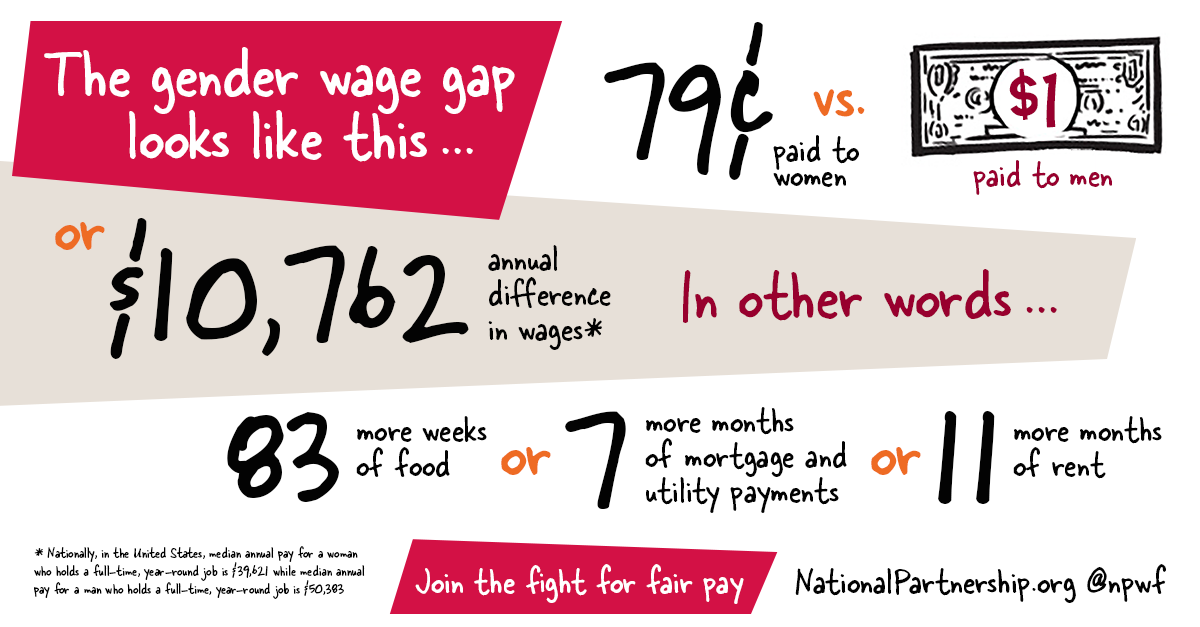
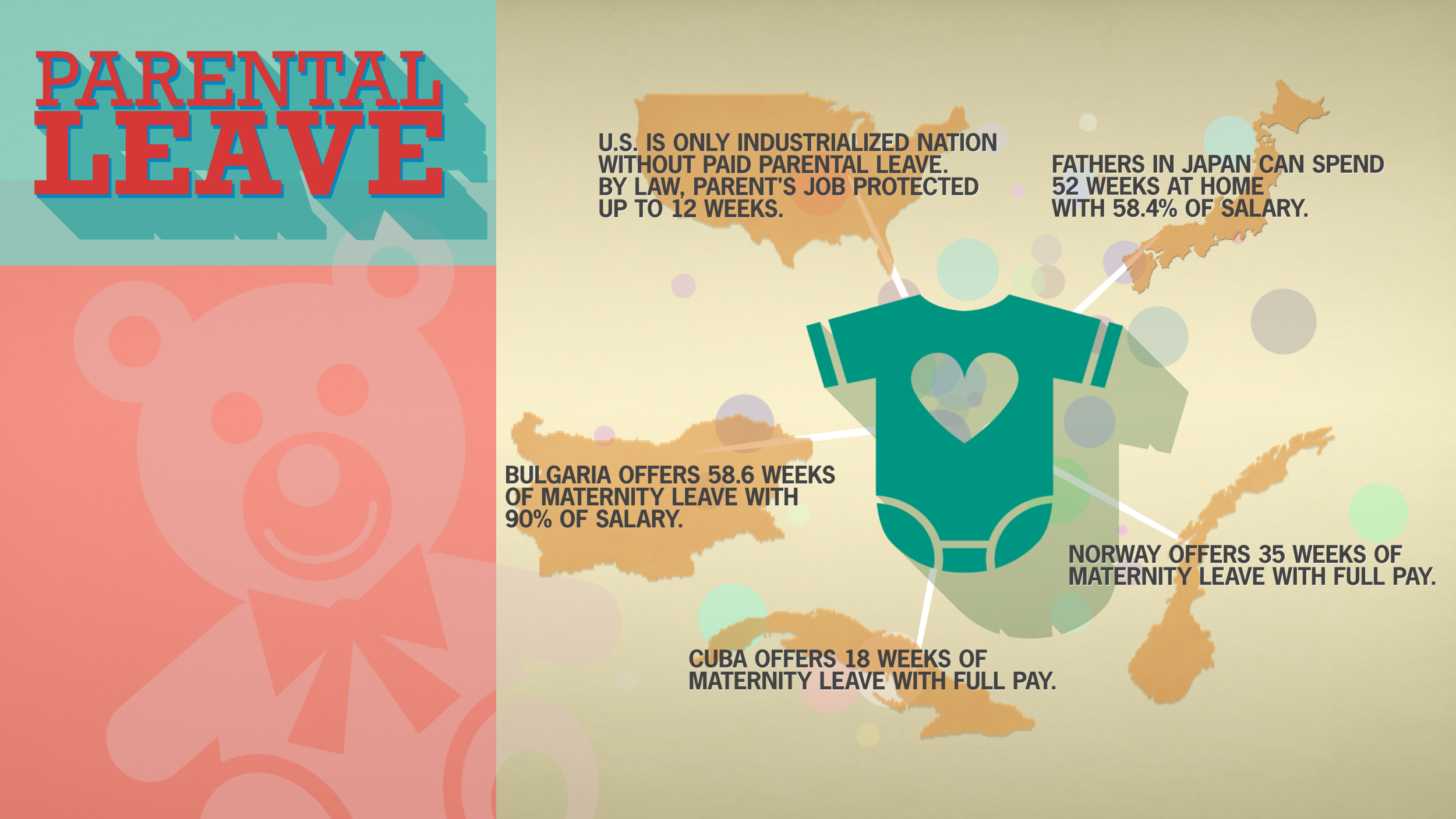


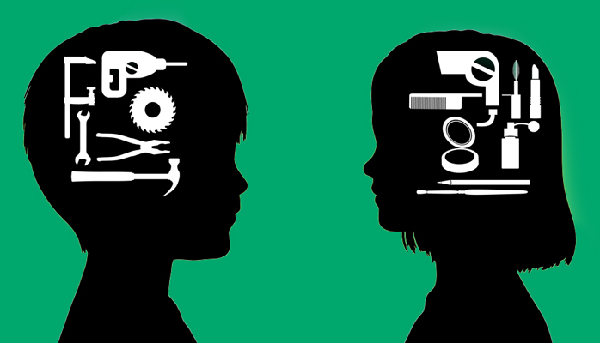



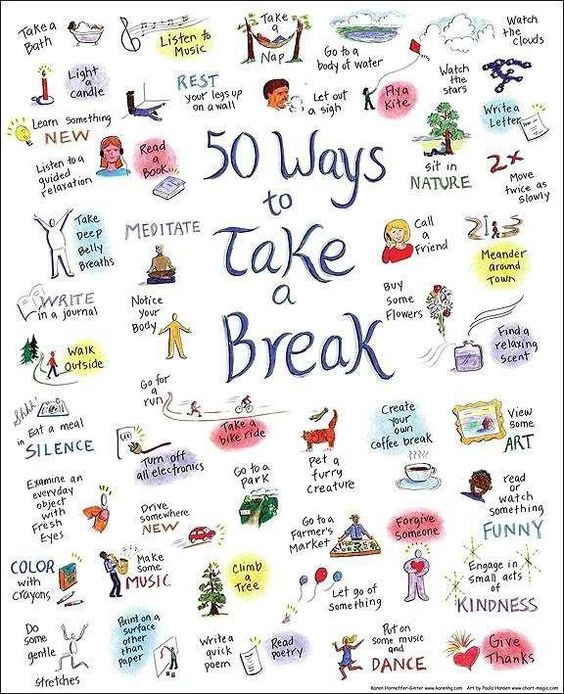

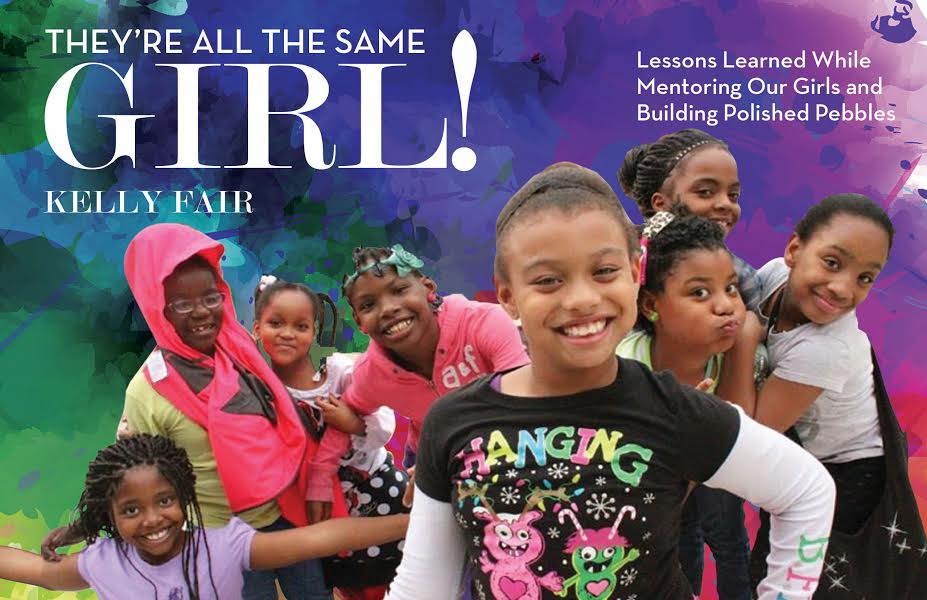



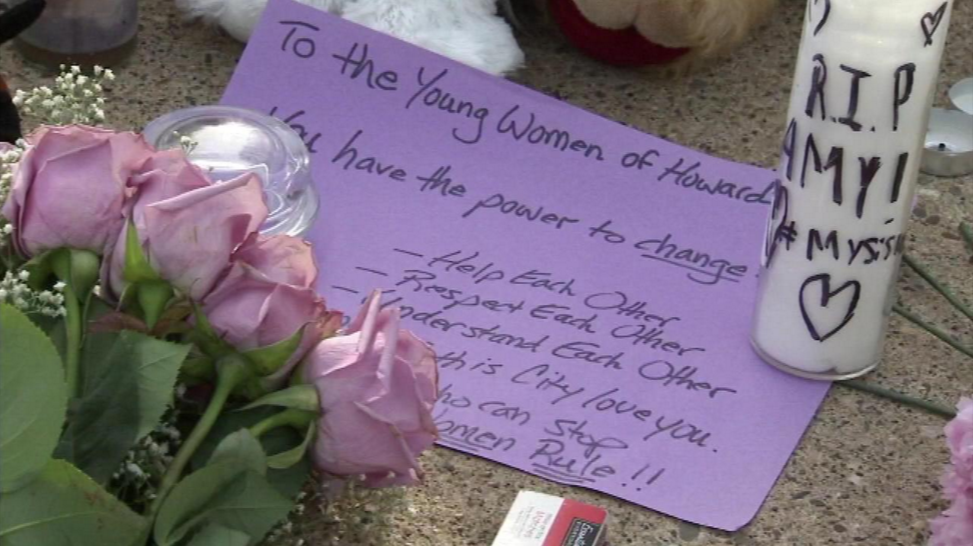

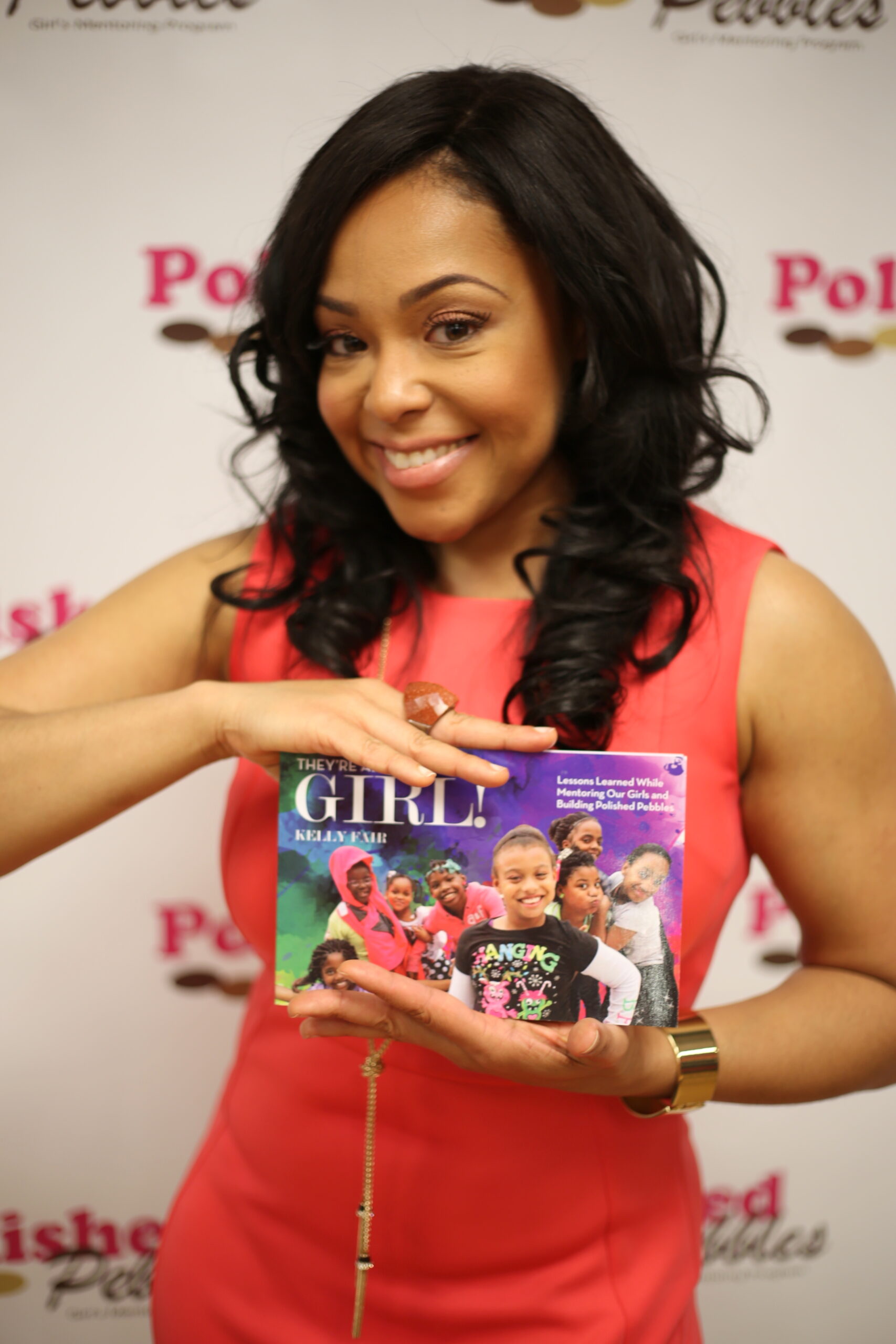
 take this opportunity to thank the wonderful people who endorsed our hard-work with “They’re All the Same Girl”. Thank you for believing in Polished Pebbles!
take this opportunity to thank the wonderful people who endorsed our hard-work with “They’re All the Same Girl”. Thank you for believing in Polished Pebbles!